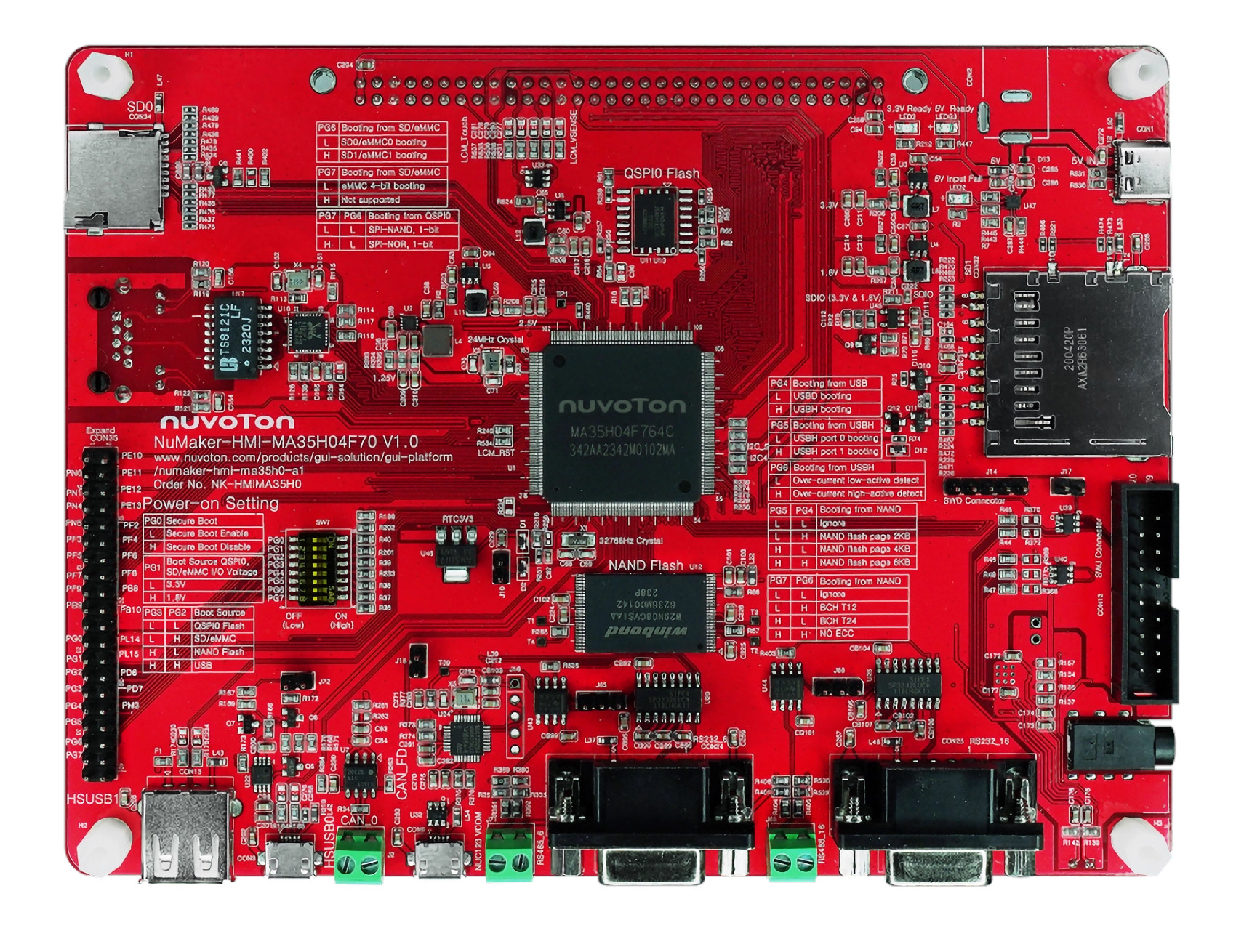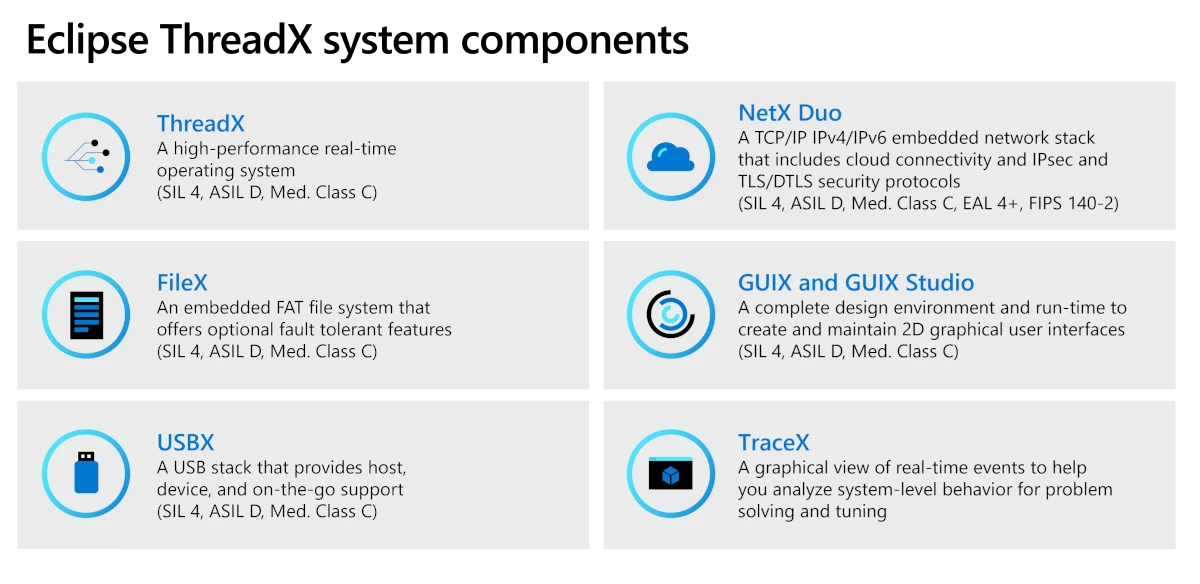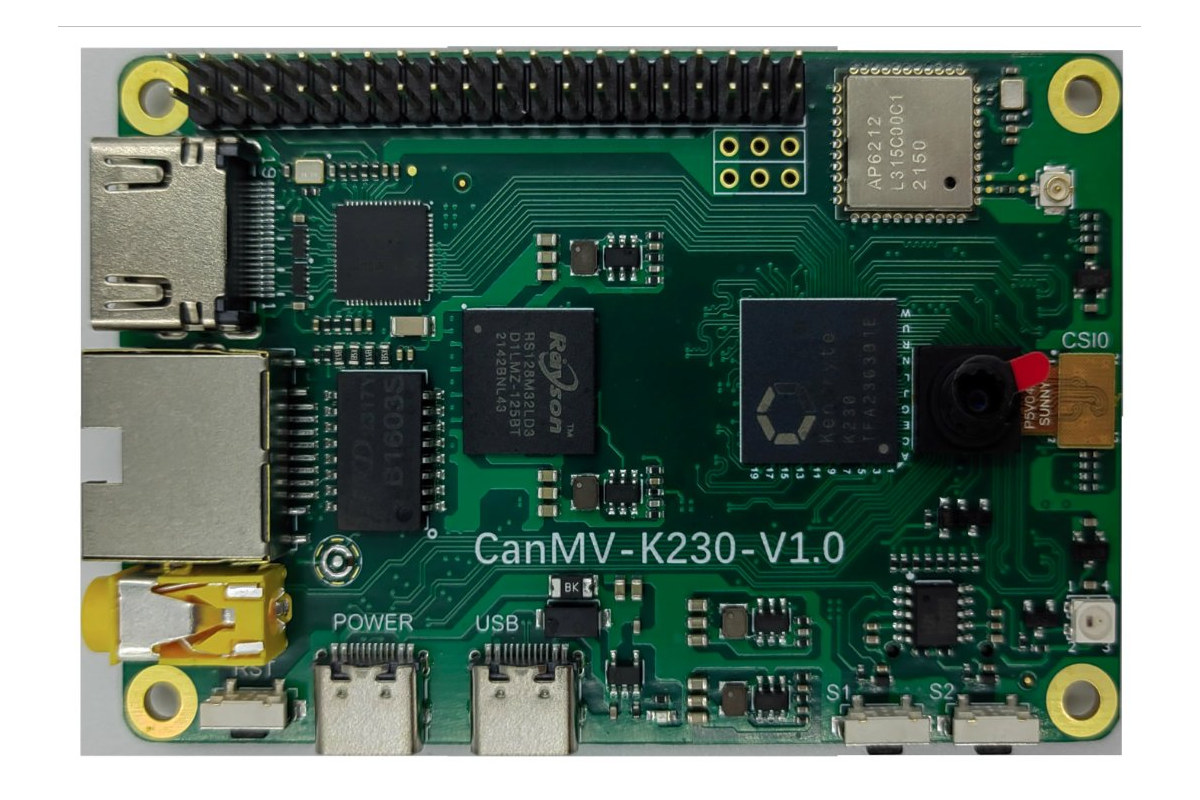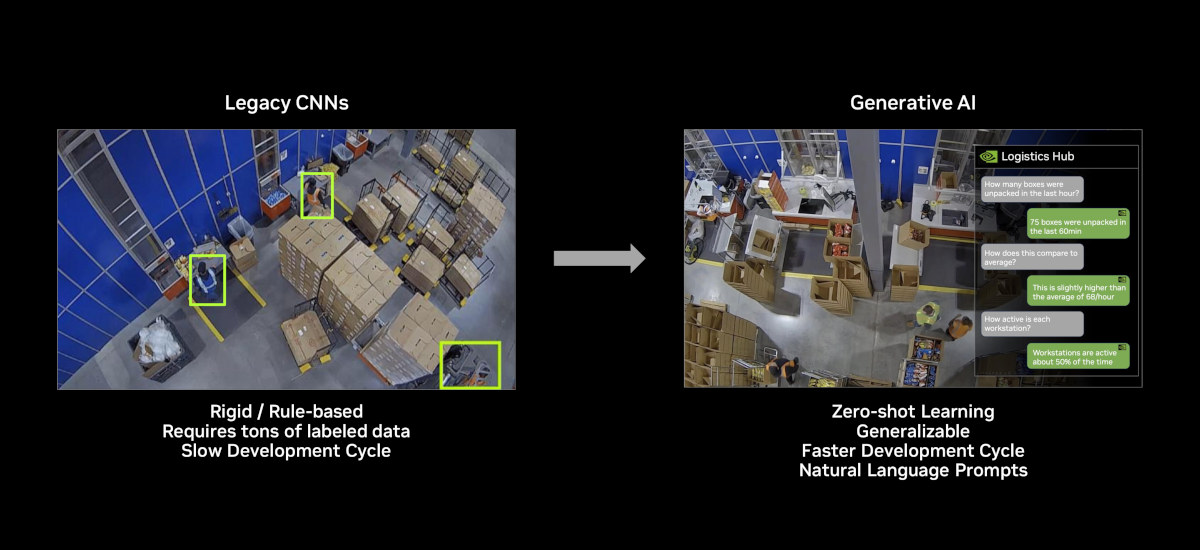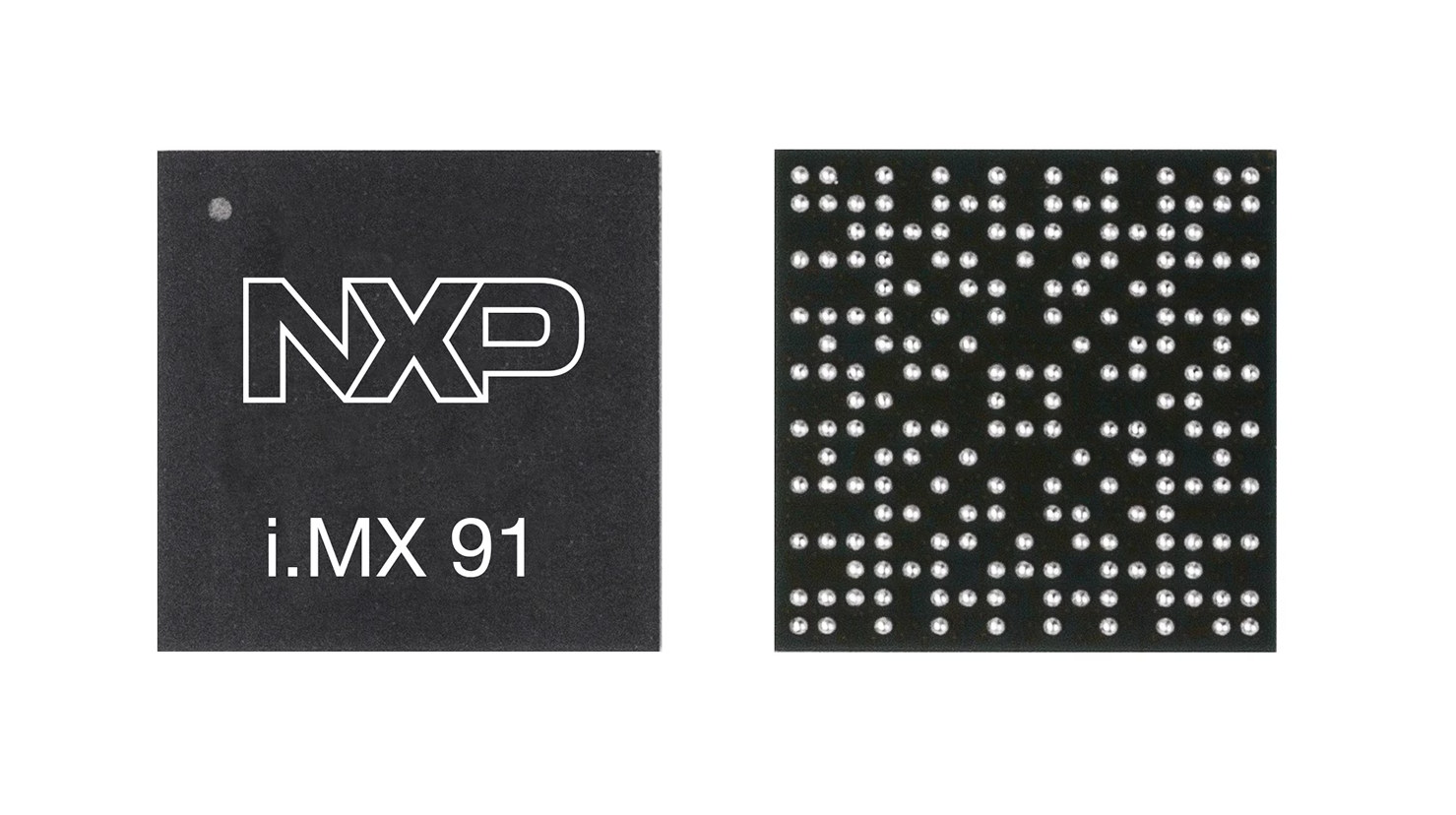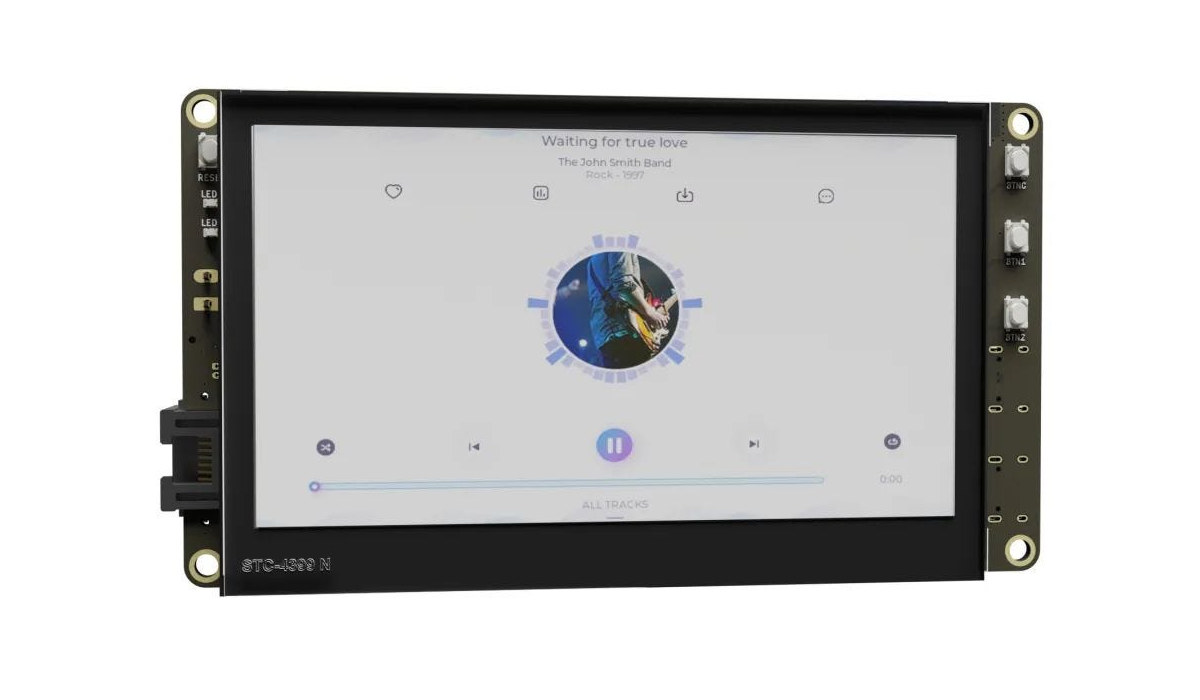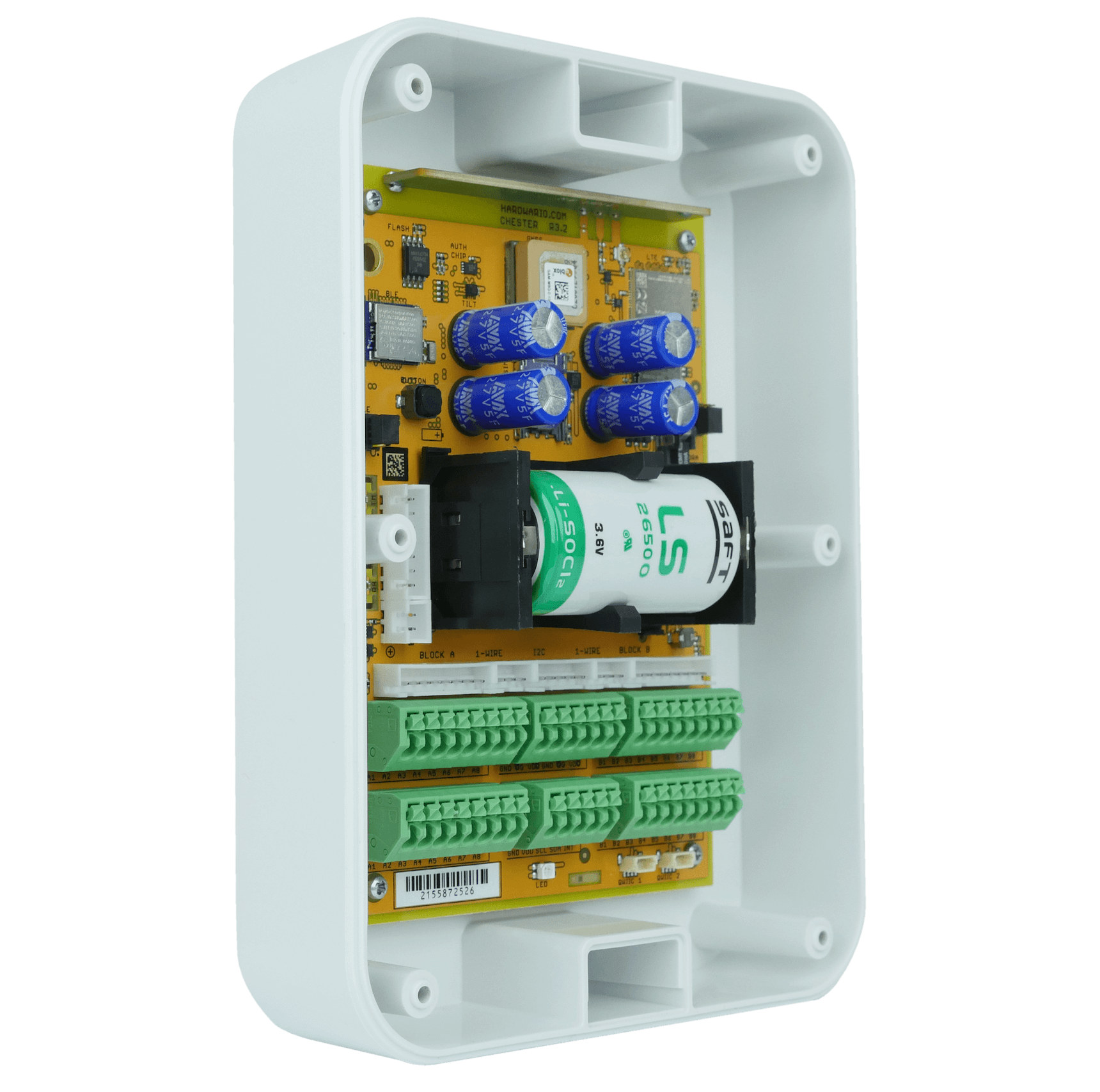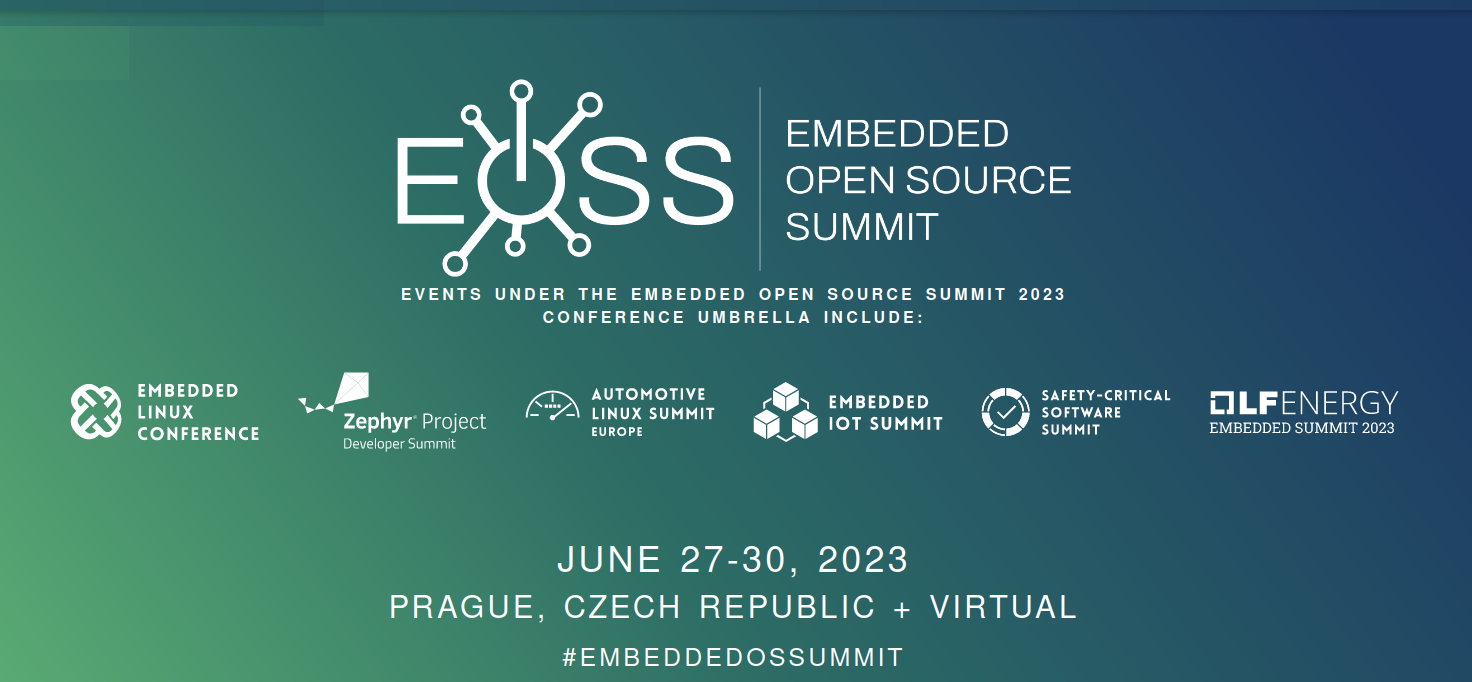Nuvoton MA35H0 is a 650 MHz dual-core Cortex-A35 MPU designed for industrial HMI applications with up to 1280×800 resolution that offers a cost-down alternative to the 800 MHz Nuvoton MA35D1 microprocessor handling up to 1920×1080 resolutions. The MA35H0 integrates 128MB DDR memory, supports 2D graphics acceleration, JPEG and H.264 video decoding up to 1280×800 at 60 FPS, and is equipped with a range of interfaces such as Fast Ethernet, CAN FD, UART, and up to 154 GPIOs. It is designed to operate in an extended temperature range between -40 and 125°C. Nuvoton NuMicro MA35H0 specifications: CPU sub-system – 2x Cortex-A35 cores running at up to 650 MHz Memory sub-system On-chip 384 KB SRAM 128MB Multi-Chip Package (MCP) DDR Storage Quad SPI NAND flash controller Secure Digital Host Controller (SDHC) Display and Video Sub-system 18-bit 24-bit RGB TFT-LCD display interface up to 1280×800 @ 60 Hz 2D Graphic Engine (GFX) H.264 […]
Microsoft open-sources Eclipse ThreadX real-time operating system
Microsoft will soon open-source Eclipse ThreadX real-time operating system that has been deployed on more than 12 billion embedded devices worldwide since its first release in 1997 and, for instance, it is found in Broadcom processors powering Raspberry Pi SBCs. ThreadX was a commercial, safety-certified real-time operating system developed Express Logic which was acquired by Microsoft in 2019 and renamed to Azure RTOS. Last year, Microsoft decided to start the process to fully open-source Azure RTOS under an MIT license and managed by the Eclipse Foundation. Hence its new name: “Eclipse ThreadX“. The Eclipse ThreadX project is not simply comprised of the RTOS itself, but also includes other components: ThreadX – Real-time operating system (RTOS) designed for deeply embedded applications NetX Duo – Industrial-grade TCP/IP network stack designed for deeply embedded real-time and IoT applications FileX – FAT-compatible file system integrated with ThreadX kernel GUIX – Embedded graphical user interface […]
CanMV-K230 AI development board features Kendryte K230 dual-core 64-bit RISC-V processor
CanMV-K230 is a credit card-sized development board for AI and computer vision applications based on the Kendryte K230 dual-core C908 64-bit RISC-V processor with built-in KPU (Knowledge Process Unit) and various interfaces such as MIPI CSI inputs and Ethernet. The first Kendryte RISC-V AI processor was launched in 2018 with the K210 which I tested with the Grove AI HAT and Maixduino board and found fun to experiment with, but noted that performance was limited. Since then the company introduced the K510 mid-range AI processor with a more powerful 3 TOPS AI accelerator, and the K230 entry-level successor to the K210 – which was planned for 2022 in a 2021 roadmap – has now just been launched and integrated into the CanMV-K230 development board. CanMV-K230 specifications: SoC – Kendryte K230 CPU 64-bit RISC-V processor @ 1.6GHz with RISC-V Vector Extension 1.0, FPU 64-bit RISC-V processor @ 800MHz with support for […]
Generative AI on NVIDIA Jetson Orin, Jetpack 6 SDK to support multiple OSes
NVIDIA has had several announcements at ROSCon 2023 related to robotics & embedded with highlights including generative AI on the NVIDIA Jetson Orin module and the Jetpack 6 SDK will be released next month (November 2023) with supports for Ubuntu as usual, but also other operating systems and platforms such as Debian, Yocto, Wind River, Redhawk RTOS, and Balena. Generative AI on NVIDIA Jetson Orin There’s been a lot of hype in the last year about generative AI thanks to services such as ChatGPT, Google Bard, or Microsoft Bing Chat. But those rely on closed-source software that runs on powerful servers in the cloud. As we noted in our article about the “AI in a box” offline LLM solution there are some open-source projects such as Whisper speech-to-text model and Llama2 language models that could be run on embedded hardware at the edge, but as noted by some readers platforms […]
NXP i.MX 91 single-core Cortex-A55 SoC to power Linux-based cost-optimized edge devices
NXP has just unveiled the NXP i.MX 91 single-core Cortex-A55 processor following the introduction of the i.MX 93 in 2021, and designed for cost-optimized edge devices running Linux. The NXP i.MX 93 processor comes with up to two Cortex-A55 cores, a Cortex-M33 real-time core, and an Ethos U65 microNPU, but targeting entry-level Linux systems, the NXP i.MX 91 processor does without the real-time core and the AI acceleration, while still integrating NXP EdgeLock Secure Enclave, and the company highlights support for multiple wireless connectivity options through companion chips such as the IW612 that supports Wi-Fi 6, Bluetooth 5.2, 802.15.4, and the new Matter protocol. NXP i.MX 91 specifications: CPU – Arm Cortex-A55 running at up to 1.4GHz with 256KB L2 cache System Memory – Up to 2.4GT/s x16 LPDDR4 with Inline ECC Storage 3x SD 3.0, SDIO 3.0, eMMC 5.1 1x Octal SPI including support for SPI NOR and SPI […]
$25 Renesas “HMI Board” features RA6M3 microcontroller for RT-Thread & LVGL development
The Renesas HMI board is a Renesas RA6M3 Cortex-M4F development board with a 4.3-inch LCD developed in collaboration with the teams behind the RT-Thread RTOS project and LVGL open-source graphics library. Besides a color display for HMI (Human Machine Interface), the board also features a microSD card for data storage, Ethernet and WiFi connectivity, Arduino headers and PMOD connectors for expansion, a microphone and a speaker, a CAN bus terminal block, and two USB-C ports for debugging and power. Renesas HMI board specifications: MCU – Renesas RA6M3 (R7FA6M3AH3CFB) Arm Cortex-M4F microcontroller @ 120MHz with 2MB Flash, 640KB RAM, TFT controller, 2D accelerator, and JPEG decoder. Storage – MicroSD card slot Display – 4.3-inch LCD (RGB 888) Audio – Microphone and speaker Networking Low-profile 10/100M Ethernet RJ45 port RW007 SPI WiFi module by Shanghai Ruiside Electronic Technology USB – 2x USB Type-C ports Serial – 2-pin CAN bus terminal block Expansion […]
HARDWARIO CHESTER – A configurable Zephyr OS LPWAN IoT gateway with LoRaWAN, LTE IoT, GNSS connectivity
HARDWARIO CHESTER platform is a configurable LPWAN IoT gateway whose main function is to connect as many devices and environments as possible to the Internet using connectivity such as LoRaWAN, LTE Cat M1, or NB-IoT, as well as GNSS for geolocation. Contrary to most IoT gateways, it does not run Linux on an application processor, and instead, the “brain” of the CHESTER IoT gateway is a Raytac Bluetooth 5.0 module based on a Nordic Semi nRF52840 Arm Cortex-M4 microcontroller running Zephyr real-time operating system, which connects to LTE IoT modem and a LoRaWAN module through UART, and expansion modules through I2C, 1-wire, and GPIO interfaces. HARDWARIO CHESTER specifications: Wireless modules/chips Raytac MDBT50Q-P1MV2 Bluetooth 5.0 module based on Nordic Semi nRF52840 Arm Cortex-M4F MCU with 1MB Flash memory, 256kB RAM Nordic Semi nRF9160-SICA-B1A-R7 LTE-M/NB-IoT system-in-package (SiP) with Arm Cortex-M33 MCU, 1024 KB flash, 256 KB SRAM Murata CMWX1ZZABZ-078 LoRa module as […]
Embedded Open Source Summit 2023 schedule – Zephyr OS, Security, IoT, Embedded Linux, and more
The Linux Foundation has just announced the full schedule for the Embedded Open Source Summit, which will take place on June 27-30, 2023 in Prague, Czech Republic, as well as virtually starting on June 26. Over 175 sessions, birds of a feather (BoF) tracks, and workshops related to embedded and open-source innovation will be presented at the event itself comprised of six micro conferences: Automotive Linux Summit Europe, Embedded IoT Summit, Embedded Linux Conference, LF Energy Embedded Summit, Safety-Critical Software Summit, and Zephyr Project Developer Summit. Even though I’m not going to attend personally, I’ve gone through the schedule to create my own little virtual schedule with some sessions relevant that should be interesting to me and hopefully to CNX Software readers. Monday, June 26 (Virtual sessions) The first day of the event will have a Yocto Dev training in the morning, and a bunch of virtual sessions that are […]


